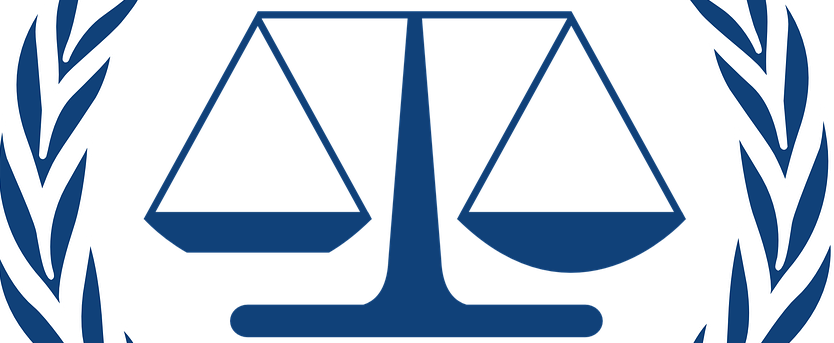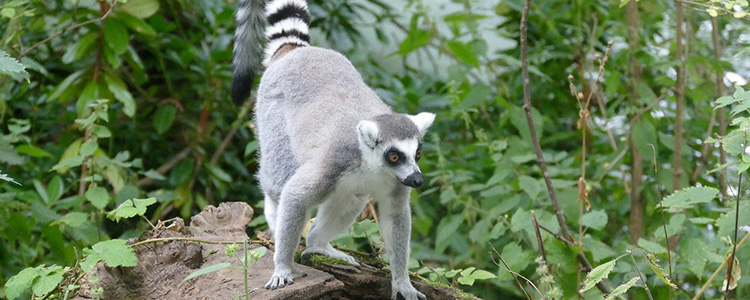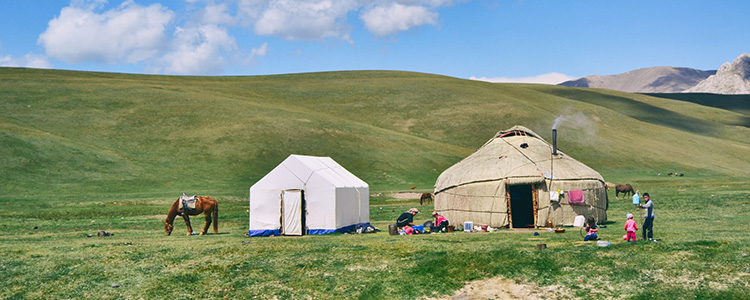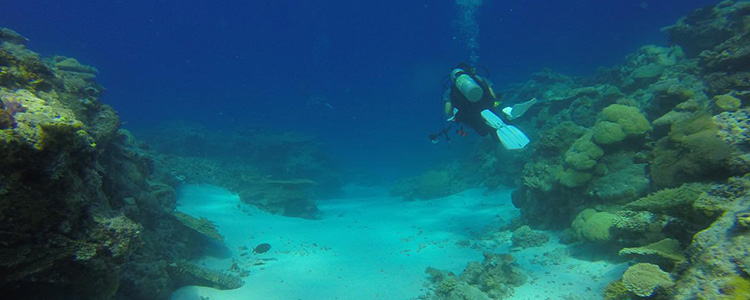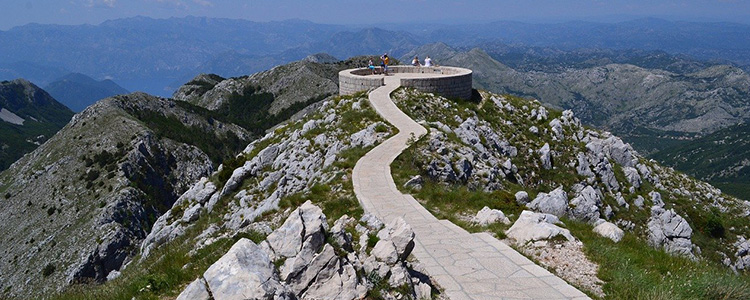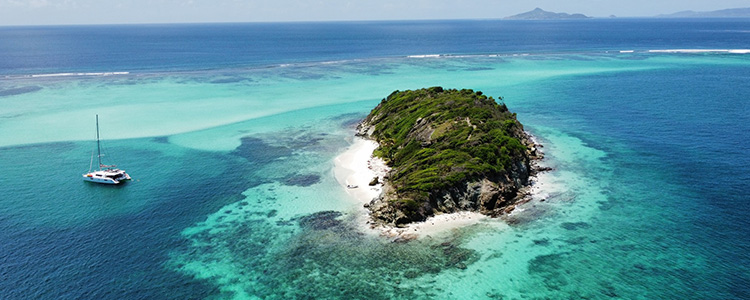Ethiopia Country Bundle: suggestions, stories and tips
Content about Ethiopia on WorldSupporter
 Ethiopia: Updates & Travel
Ethiopia: Updates & Travel
Travel in Ethiopia
- Ethiopia is a special country compared to other African countries. The country has mountain ranges, flat areas, vibrant natural parks and dry desert land. Also located in Ethiopia is Danakil, which is the hottest area in the world with volcanic activity resulting from friction between three tectonic plates. The people themselves prefer to call Ethiopia by the name Abyssinia. The country is mostly harmless and the people are one of the friendliest from the African continent.
Updates Ethiopia
- More about Ethiopia, updates and contributions, see the link below.
 How does healthcare work in Ethiopia, and what travel insurance, health insurance or expat insurance do you need?
How does healthcare work in Ethiopia, and what travel insurance, health insurance or expat insurance do you need?
- How does the healthcare system work in Ethiopia?
- How does the public healthcare system work in Ethiopia?
- How does the private healthcare system work in Ethiopia?
- How is the general practitioner arranged in Ethiopia?
- How is the dentist arranged in Ethiopia?
- How is pregnancy care arranged in Ethiopia?
- How safe or unsafe is a trip or stay in Ethiopia?
- What work and travel insurance policies are suitable for short and long stays in Ethiopia?
- What emigration and expat insurance can you take out for Ethiopia if you are going to live there for a while?
How does the healthcare system work in Ethiopia?
- Ethiopia has made great strides in recent years to provide its gigantic population with growth in the areas of economy, education and also health care. Life expectancy has increased significantly, maternal and child mortality rates have decreased significantly.
- However, the quality of care still lags far behind Western countries and there are many challenges in the field of healthcare. Major problems include communicable diseases caused by poor hygiene/sanitation and malnutrition, but nowadays non-communicable diseases (such as cancer, diabetes etc.) are also an increasing problem.
- Medical care consists of both private and public options, with the best and most comprehensive care in Addis Ababa.
- In remote areas, health care is very basic or even completely absent.
- Due to shortages and deficiencies in care, more than 6,000 patients seek specialist care abroad each year.
- Pharmacies can be found in all major settlements. Particularly in remote areas, it can be the case that medicines are out of stock or that there is simply no pharmacy to be found.
- 939 is the emergency number in Ethiopia. Some private hospitals also have an emergency number.
How does the public healthcare system work in Ethiopia?
- The public healthcare system includes a huge number of health posts, health centres and hospitals, and these numbers are increasing.
- The healthcare system therefore consists of three layers: primary care (health centres, pharmacies, primary hospitals), secondary care (general hospitals, pharmacies, diagnostic laboratories) and tertiary care (specialised hospitals).
- However, it still suffers from a lack of funding. Hospitals are often overcrowded, cannot provide sufficient specialist care and the facilities leave much to be desired.
- The quality of care is also generally not very good and the country has one of the largest shortages of healthcare workers in the world.
- Most hospitals can be found in Addis Ababa, but of course everyone knows that, which is why waiting times are often longer here.
- In the more remote areas, care is usually of poorer quality, although you may be seen more quickly.
- In terms of insurance, the Ethiopian Health Insurance Agency offers a limited public health insurance for residents. There is also Community-Based Health Insurance for families with very low incomes.
How does the private healthcare system work in Ethiopia?
- There are more than 3,800 private clinics and more than 40 private hospitals in Ethiopia. These institutions generally offer better, and also more expensive, care than public institutions.
- Here you usually have to pay for your treatment immediately.
- At some private health centres/hospitals you can get insurance. Sometimes even including ambulance service.
- Most foreigners choose private insurance to cover the costs of private care. Often also one with evacuation and repatriation coverage because this may be necessary for Ethiopia.
- Through your insurance you can often get a list of private institutions that are affiliated with your insurance.
How is the general practitioner arranged in Ethiopia?
- There is no fixed general practitioner system in Ethiopia and, as in other sectors, there is a great shortage of general/family doctors.
- In rural areas, health centres are run by nurses and midwives and there are almost never general doctors present. In the cities and large hospitals, general/family doctors can be found.
- Embassies and foreign government websites often have lists of general doctors who speak English. In Ethiopia, you will find these mainly in private health centers and hospitals that provide general care.
How is the dentist arranged in Ethiopia?
- There are good dentists to be found in Addis Ababa. They mainly work in private clinics.
- Outside Addis Ababa, you better keep your teeth safe!
How is pregnancy care arranged in Ethiopia?
- In Ethiopia, the vast majority of local women give birth at home. This is partly due to the distance to care facilities, education levels and experiences with births in public institutions.
- However, for people with sufficient money, good pregnancy and maternity care can be found in private institutions in Addis Ababa.
- It will cost a lot of money, but you can get everything you need in specialist clinics and hospitals.
- C-sections are becoming increasingly recommended and normal, not always for the right reasons or due to medical necessity (money can be a reason, for example).
How safe or unsafe is a trip or stay in Ethiopia?
What should you pay attention to in terms of safety in Ethiopia?
- The security situation in Ethiopia varies by region and is constantly changing. If you take the current situation into account, you can have a safe and wonderful time in Ethiopia, but it is important to stay informed via your embassy or local authorities.
- There are major security risks, especially in the border areas with Eritrea, Somalia, South Sudan, Sudan and Kenya.
- There are risks of terrorist attacks and kidnappings.
- Pickpocketing is not uncommon in Addis Ababa and violent crime sometimes occurs, mainly in the evenings.
- Earthquakes and volcanic activity also pose a risk to your safety.
What should you look out for in terms of diseases in Ethiopia?
- There are various health risks in Ethiopia, including yellow fever, malaria, zika, dengue and other insect-borne diseases.
- HIV/AIDS is also quite common in Ethiopia.
- In the high-altitude areas, you may become a victim of altitude sickness. This is a risk you run in Addis Ababa and the mountain regions. Symptoms include dizziness, headache, vomiting, difficulty with balance and coordination.
- Diseases that are transmitted through water and food are common.
What should you pay attention to when it comes to traffic in Ethiopia?
- Traffic accidents are common. If this happens to you and you are in a safe situation, stay where you are and wait for the police.
- Main roads in the cities are of reasonable quality, but outside the city it is more like a ride on a bumpy roller coaster.
- Most road users are also a danger to your safety. Not only because they are donkeys that walk in the middle of the road, but also because there can be donkeys behind the wheel that drive far too fast and recklessly.
- If someone approaches you in traffic, know that it is illegal to buy something from someone or give someone money when you are a participant in traffic. Doing this can lead to hefty fines.
- Scams are also not uncommon in traffic. Sometimes people will come up to your car to tell you that something is wrong. This is usually to lure you out of the car and then rob you.
- If you are using public transport, metered taxis are the best option. Minibuses and buses are generally discouraged, as is sharing taxis with strangers.
What work and travel insurance policies are suitable for short and long stays in Ethiopia?
Is the trip to Ethiopia and your return sufficiently covered? Are you sufficiently covered before, during and after your activities? Which insurance best suits your trip and your activity? Read more about insurances for abroad on JoHoinsurances.org.
What emigration and expat insurance can you take out for Ethiopia if you are going to live there for a while?
- For a stay in Ethiopia, international insurance is important if you do not want to pay the high costs of private healthcare yourself. Public healthcare is affordable, but the quality is probably not what you are looking for. Medical evacuation or repatriation may also be necessary because healthcare in Ethiopia is quite limited.
- So make sure your insurance covers medical evacuation as well as coverage in neighboring countries. Read more about insurances for abroad on Expatinsurances.org.
 Packing list for Ethiopia, travel insurance for Ethiopia, and taking your belongings
Packing list for Ethiopia, travel insurance for Ethiopia, and taking your belongings
What to take with you to Ethiopia: spotlighted
To pack and to check:
- Documents: passport that is valid for at least 6 months upon arrival. An online and/or offline copy of your passport is always useful.
- Money: definitely bring enough Ethiopian Birr and some spare dollars/euro's, just in case your card doesn't work.
- Care: strong sunscreen, aftersun.
- Outdoor and practical items: hat/cap and sunglasses.
- Clothing: in Ethiopia you will find extremely hot valleys and super cold mountain tops. It is therefore best to be prepared for everything and bring layers. From thin cotton/linen shirts and trousers, to a good fleece layer and possibly thermal clothing. Thin clothing with long sleeves is nice against the sun and mosquitoes. Shoulder and knee covering clothing is useful for in the churches. Swimwear if you plan to dive into the water. For the colder regions, a hat, scarf and gloves are also recommended.
- Protection: backpack rain cover and a thin water- and windproof jacket for hiking in the mountains.
- Shoes: flip-flops/sandals, comfortable walking shoes and possibly trekking shoes if you are going into the mountains.
- Medicines and travel kit: a small first aid kit with plasters, painkillers, anti-diarrhea and ORS, since dehydration is a thing.
- Safety: money belt or fanny pack for your valuables.
- Technique and equipment: power bank and headlamp or flashlight (with red setting also helps against mosquitoes).
- Women: a multifunctional cloth/scarf/sarong for protection against dust, as a cover in church or simply as a towel or blanket.
To consider:
- Reusable water bottle with filter.
- Quick-drying travel towel.
- E-reader and other offline entertainment.
- Toilet paper/wet wipes, because you won't find that everywhere.
- International driving license, if you want to rent a car.
- A buff, scarf or bandana for extra sun protection.
- If you suspect that your accommodation does not have a mosquito net or air conditioning in the room. You may want to consider bringing a mosquito net.
- Cultural norms and values, how to dress in church, that sort of thing...
- The activities you are going to undertake - are you going into the mountains? Take enough protective clothing. If you are staying in warm areas, you can leave a lot at home.
Are there mosquitoes in Ethiopia?
- It depends on where you are going whether mosquitoes are a problem for you. In general, there are few or no mosquitoes in areas above 2,000m altitude. If you are (also) going to lower areas, it is best to take precautions.
- Mosquitoes can transmit diseases such as yellow fever and malaria. Particularly in the western lowlands. In some parts of the country this is seasonal, in other parts all year round. The risk peaks after the rainy season (September - December).
- So protect yourself well with covering clothing and mosquito repellent.
Are there sand flies in Ethiopia?
- Sand flies are found in several places in Ethiopia and they can transmit various forms of Leishmaniasis.
- Your set of mosquito repellents with DEET can also provide a solution in combination with covering clothing.
Can you buy DEET, or other mosquito repellents, in Ethiopia?
- It is difficult to find good mosquito repellent in Ethiopia. There are few options, and if you do find it, it is probably not in the form you would like.
- So it is best to bring your favorite repellent from home.
Can you buy a joint or weed in Ethiopia, or take it with you to Ethiopia?
- Ethiopia is the spiritual center of Rastafarianism. For example, there is a Rastafarian settlement in Shashamane – a place once promised by Emperor Haile Selassie to Afro-Caribbean migrants. And yes, cannabis is used there on a limited scale, in a spiritual context.
- Despite that, everything related to cannabis is prohibited in Ethiopia. As a traveler who wants to score a quick joint “for the experience”, you will quickly stand out. Moreover, there have been arrests in the past of naive tourists who thought they were safe in a weed paradise.
- You risk prison sentences and heavy fines, and even more if you try to bring it with you.



 Ethiopia
Ethiopia


















